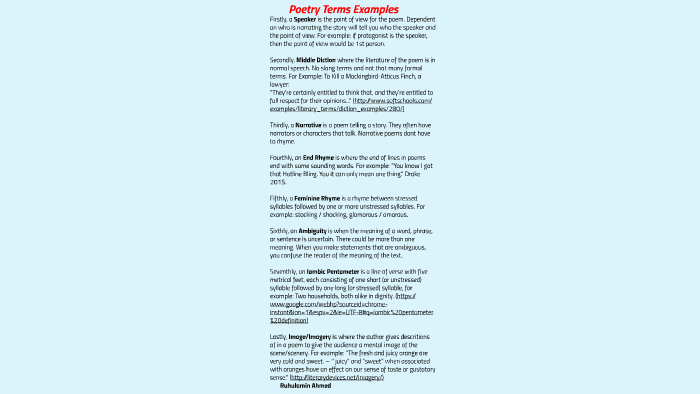


Indeed, out of all classical genres, lyric seems to be the most suspect, both as a coherent general category and for its endlessly enumerable subvarieties. They note that genre can be useful for poets and critics if it be regarded as “a system of literary projection inscribed within the texts, serving to communicate certain expectations to readers and to guide their understanding.” Yet they find ancient discussions of specific genres “for the most part unsatisfactory”: these are characterized as “one-sidedly formal” and “more interested in classifying existing works than in understanding the mechanisms of literary production and reception.” The systems the ancients built up, they write, are more relevant to “the needs of the school and the library” than to the interpreter, for they not only ignore some important genres such as the novel but “bungle” others-and here they name lyric poetry. In the article on “genre” for the current Oxford Classical Dictionary, for example, Glenn Most and Gian-Biagio Conte aim for a balanced presentation but find little positive to say about ancient genres. The status of genre is no less suspect in the study of those Greeks who laid out many of the basic lines and much of the terminology used in European-derived criticism. The fact that the authority and perpetuation of genres depend on poets and audiences at least as much as on scholars is not always acknowledged, nor is the reality that genres are omnipresent and inescapable: we greet no song without a frame. Such attitudes have, to be sure, some grounds: it would be naïve now to regard genres as pure and timeless essences rather than hybrid, politically conditioned and contingent groupings of works that are always evolving and always changing their “laws.” Demystifications of genre can, however, overshadow its other, productive side, the possibilities it offers to sharpen and enrich a message and to provide orientation for an audience hearing a song for the first time. One senses at times a Nietzschean disdain for genres as cobwebs spun out by desiccated pedants which supermen-poets brush through without a thought. Schemes for classifying works of art according to genre flourish outside the academy-in bookstores, on music-streaming services, on Netflix yet in literary studies genre criticism has been facing increasing resistance since the 1980s when Frederic Jameson pronounced it “thoroughly discredited by modern literary theory and practice.” 1 Suspicion hangs over the word in academic criticism, where it often seems that no sooner is a genre mentioned than its integrity as a concept is undermined and any normative authority it might have had is dismissed. A concluding analysis of the Linus-song shows how Greek poets exploited ideas of genre not as norms that constrained them but as fictions that were good to think with and ever able to be remade to shape expectations for songs to come.

I urge, then, not reverting to essentialist ideas of genre, but attending to lyric “generification” as an ongoing, productive process to which poets were always active contributors. I then consider as an alternative an increasingly popular approach to lyric mimesis as a form of ritual speech though such an approach circumvents some difficulties, I argue that it neglects too much of lyric’s verbal texture. Comparing the situation in ancient criticism reveals that both classical and neoclassical criticism fail to do justice to lyric because they are committed to a view of poetry as mimesis. The first step is to acknowledge, drawing on current debates surrounding the “new lyric studies,” that attempts to define lyric remain problematic in modern theory. This paper argues that traditional Greek ways of classifying genres can, despite certain shortcomings, provide a uniquely revealing perspective on lyric texts of the archaic and classical periods.


 0 kommentar(er)
0 kommentar(er)
